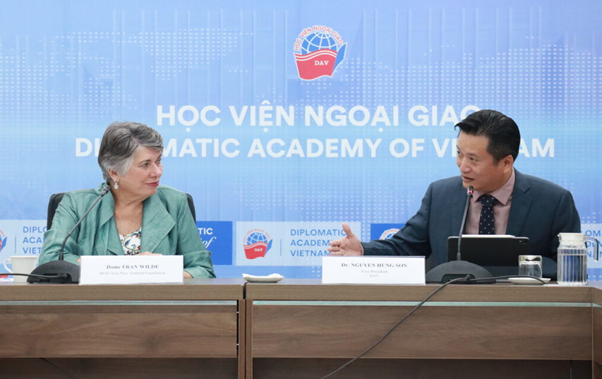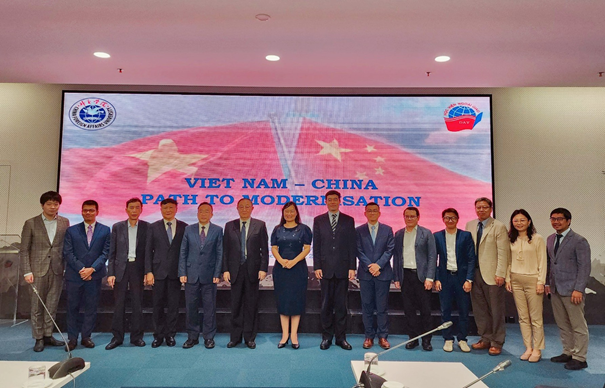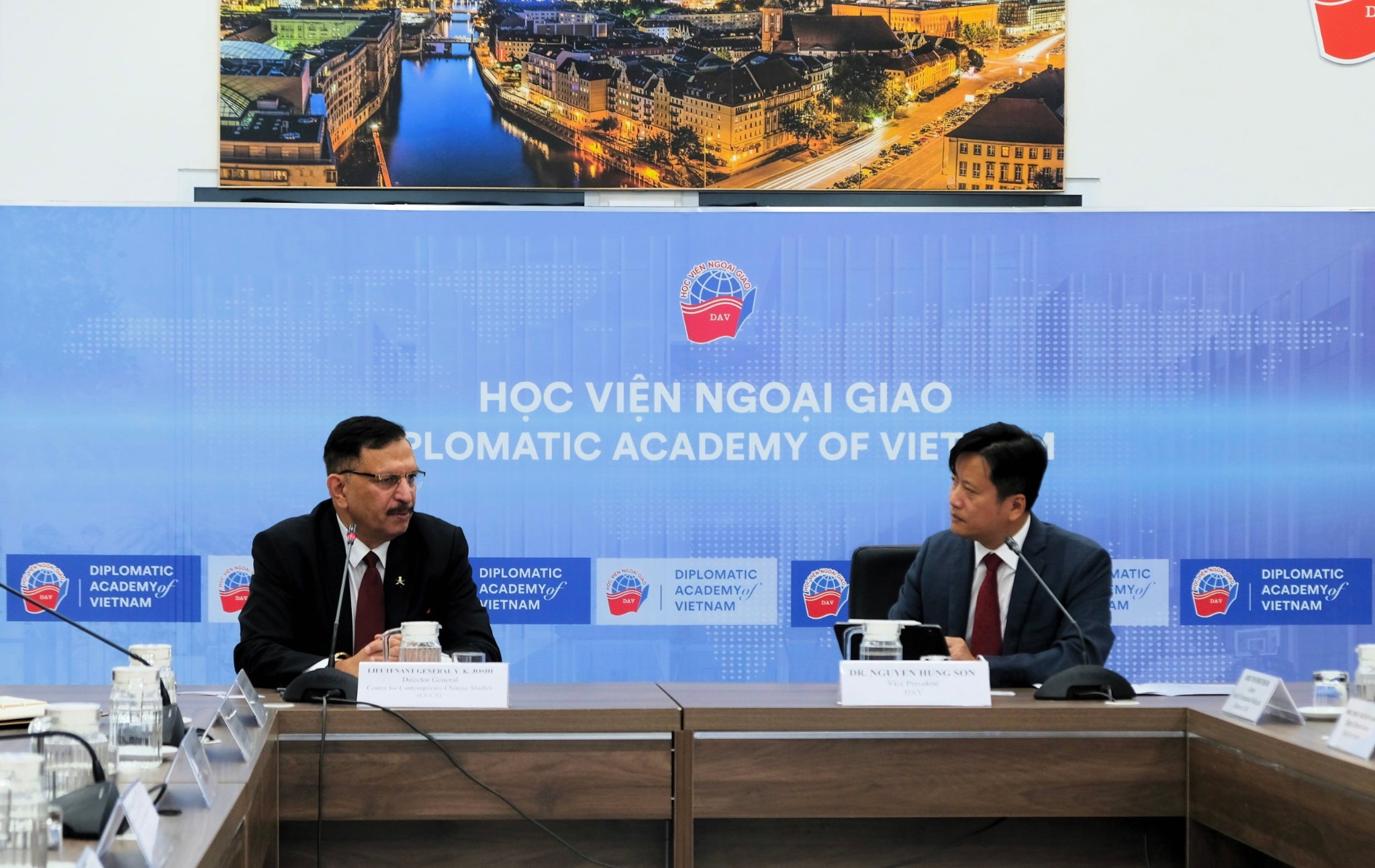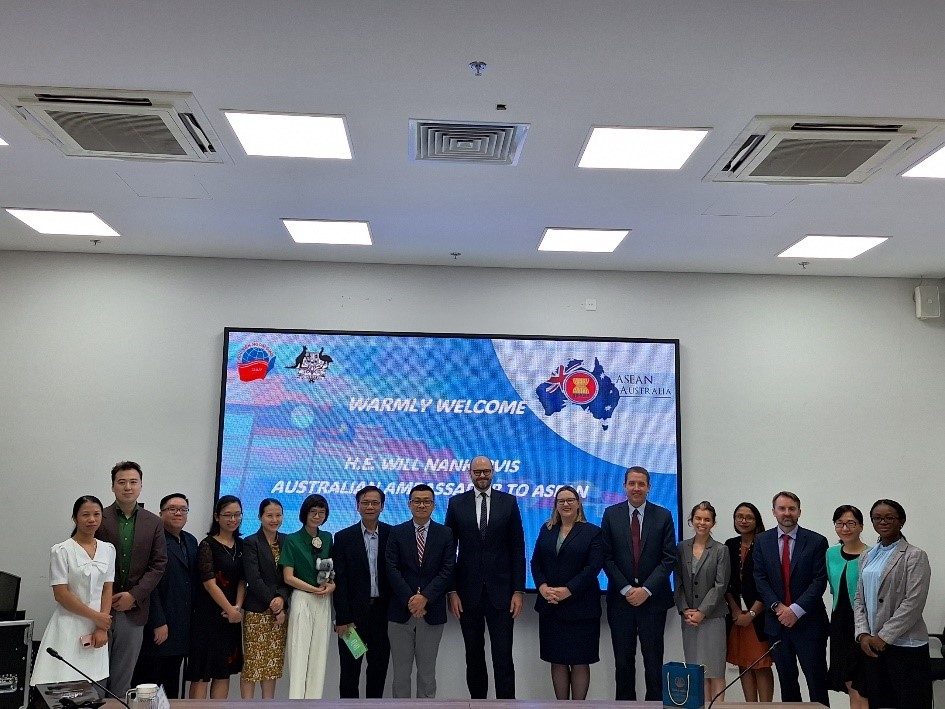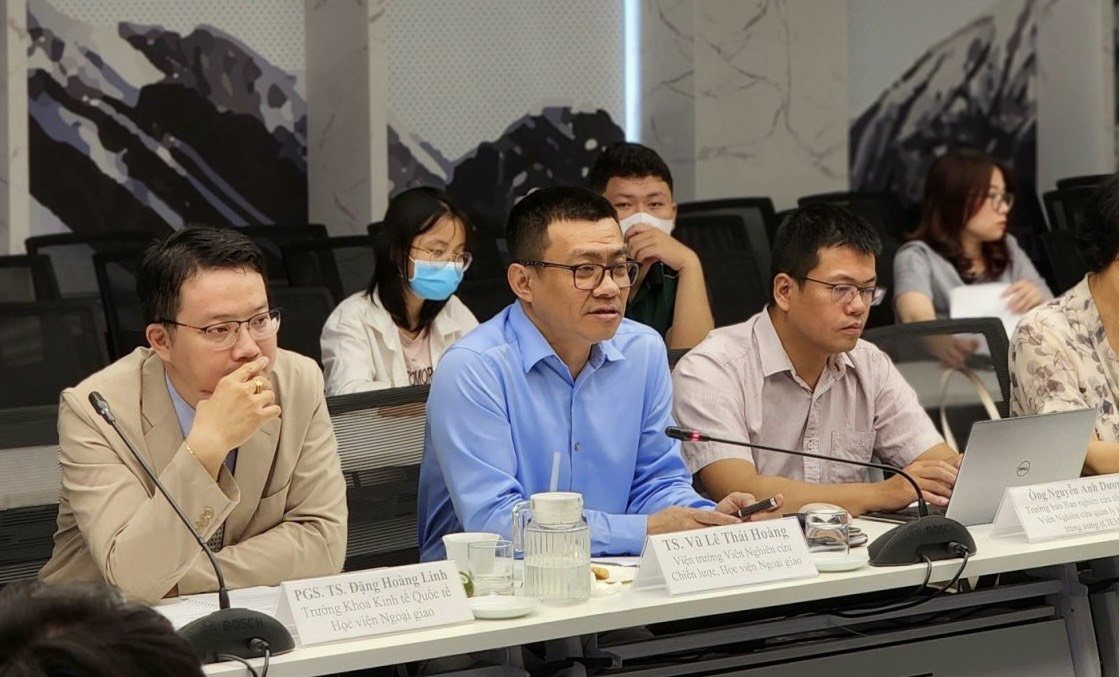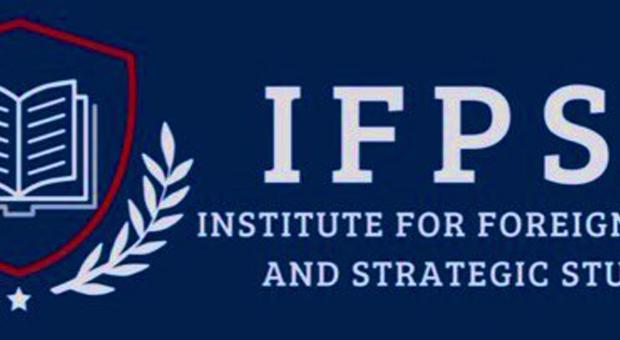On November 10, 2023, the Diplomatic Academy of Vietnam
(DAV), in collaboration with the Vietnam Academy of Social Sciences (VASS),
Konrad Adenauer Stiftung (KAS), and the Foundation for East Sea Studies (FESS),
successfully convened the second International Sinology Symposium themed on "The Role of China
in Global Governance."
The International Sinology Symposium builds upon the annual
China Talk Series hosted by DAV. This year's hybrid event drew participation
from over 150 delegates, comprising scholars, experts, leaders, former leaders,
and representatives from Vietnamese agencies, alongside diplomatic
representatives in Vietnam. Notably, the Symposium attracted a distinguished
assembly of globally renowned experts and scholars specializing in China, many
of whom are affiliated with esteemed universities and research institutes in
China.
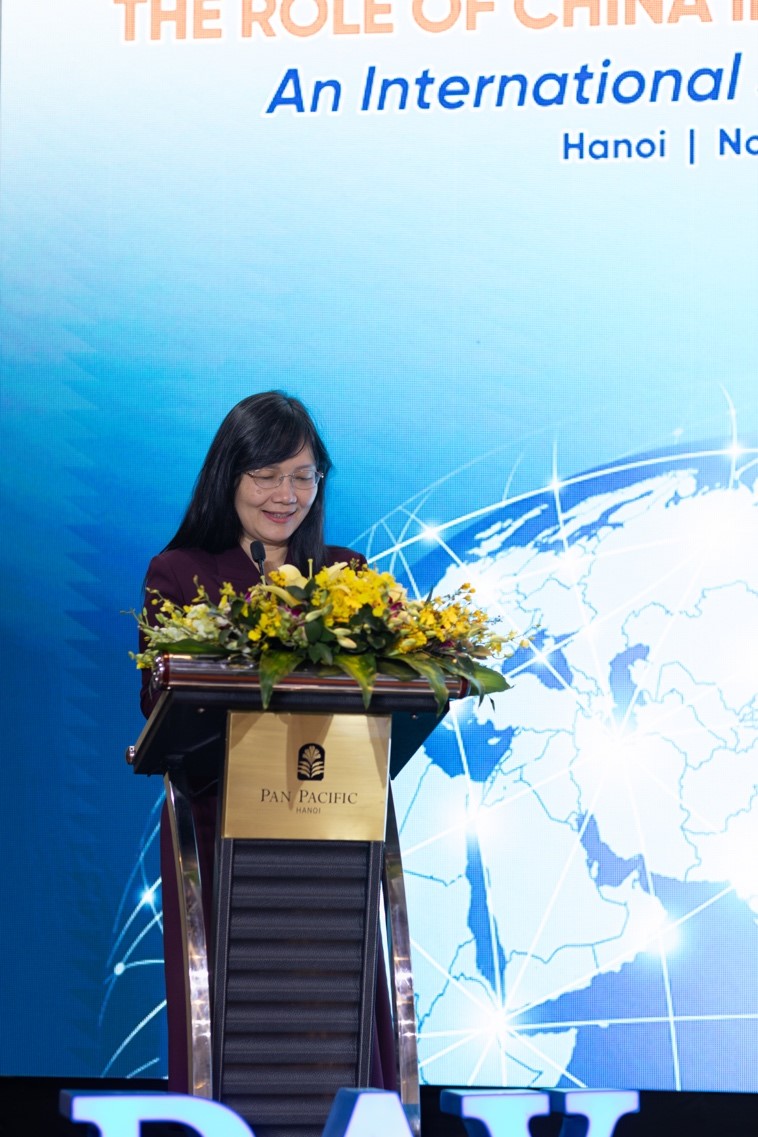
At the Opening Session, Dr. Pham Lan Dung, Acting President
of the Diplomatic Academy of Vietnam,
underscored the dynamic and intricate changes our world faces. Divergent
perceptions on the international system, particularly debates surrounding
China's role in global governance, represented focal points. The Symposium served
as a pivotal platform for Sinologists to cultivate new connections, exchange
insights, and foster a nuanced understanding of China and its increasing influence on global governance.
Assoc.
Prof. Ta Minh Tuan, Vice President of the Vietnam Academy of
Social Sciences, emphasized
China's transition from participating in global governance to assuming a
coordinating and leadership role. Acknowledging China's achievements and
influence, he also highlighted the challenges inherent in this transformative
process. The symposium successfully drew attention to China's evolving role in
global governance, its methods of participation and coordination, developmental
trends, and prospective contributions in the upcoming years,
garnering widespread interest from experts and scholars worldwide.
Mr. Florian Feyerabend, Representative of the Konrad Adenauer Stiftung (KAS) in Vietnam, noted the ongoing changes in China and the consequent shift in the global perspective towards the nation. This event provided a valuable opportunity to foster a comprehensive global understanding of China while promoting China's own perception of its global standing.
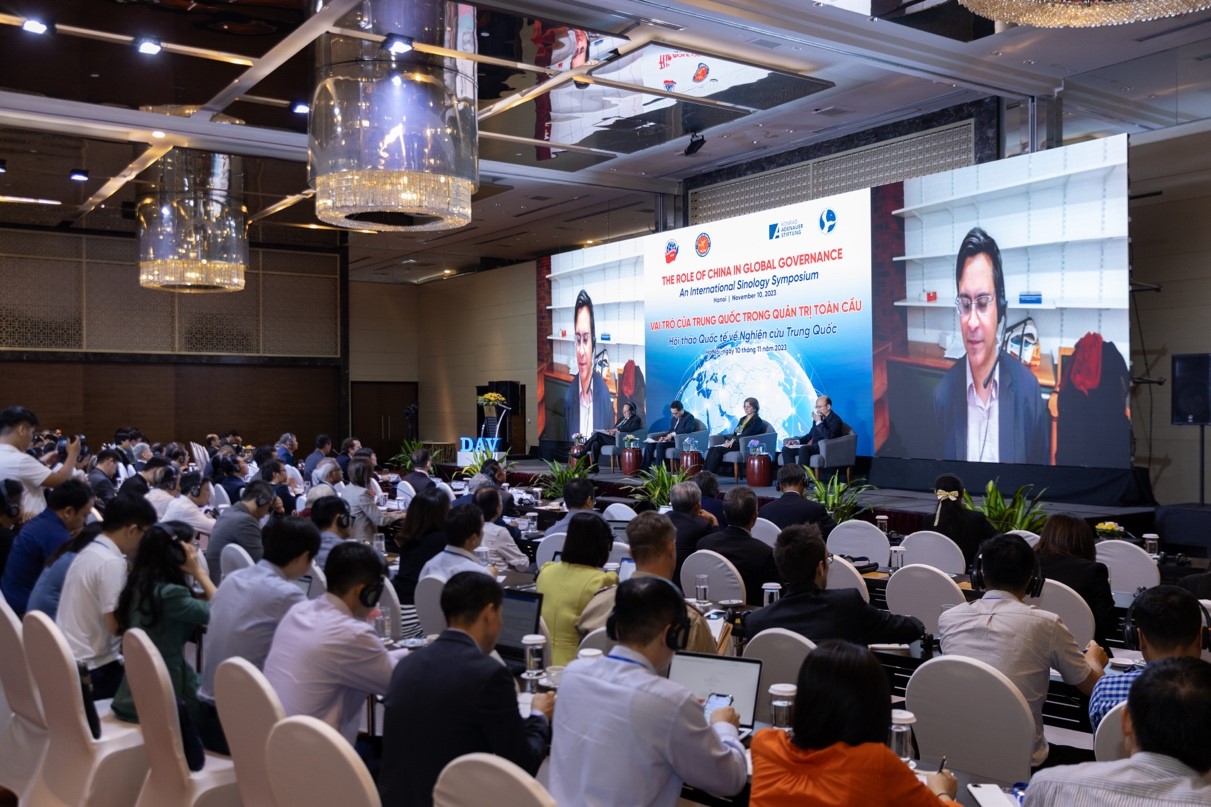
Featuring 19 key presentations across four sessions and a
keynote session, the Symposium facilitated interdisciplinary exchanges in
Sinology, enriching the knowledge of all participants.
In Session 1 focusing on China’s
Perspective on Global Governance, scholars
concurred that China's vision of global governance is deeply rooted in its
tradition, history, culture, values, ideology, economics, and politics.
Traditional values, in particular, were highlighted as instrumental in shaping
China's foreign policy mindset and national interests in global governance.
Session 2 with topic of Strategies to Enhance China’s Participation in Global Governance, in-depth analyses of China's engagement in international economic institutions were presented. Discussions also delved into China's Overseas Development Finance in Southeast Asia, non-traditional security cooperation with the Global South, green and sustainable development in the Mekong sub-region, and China's technological advancements and their implications for global cyber governance.
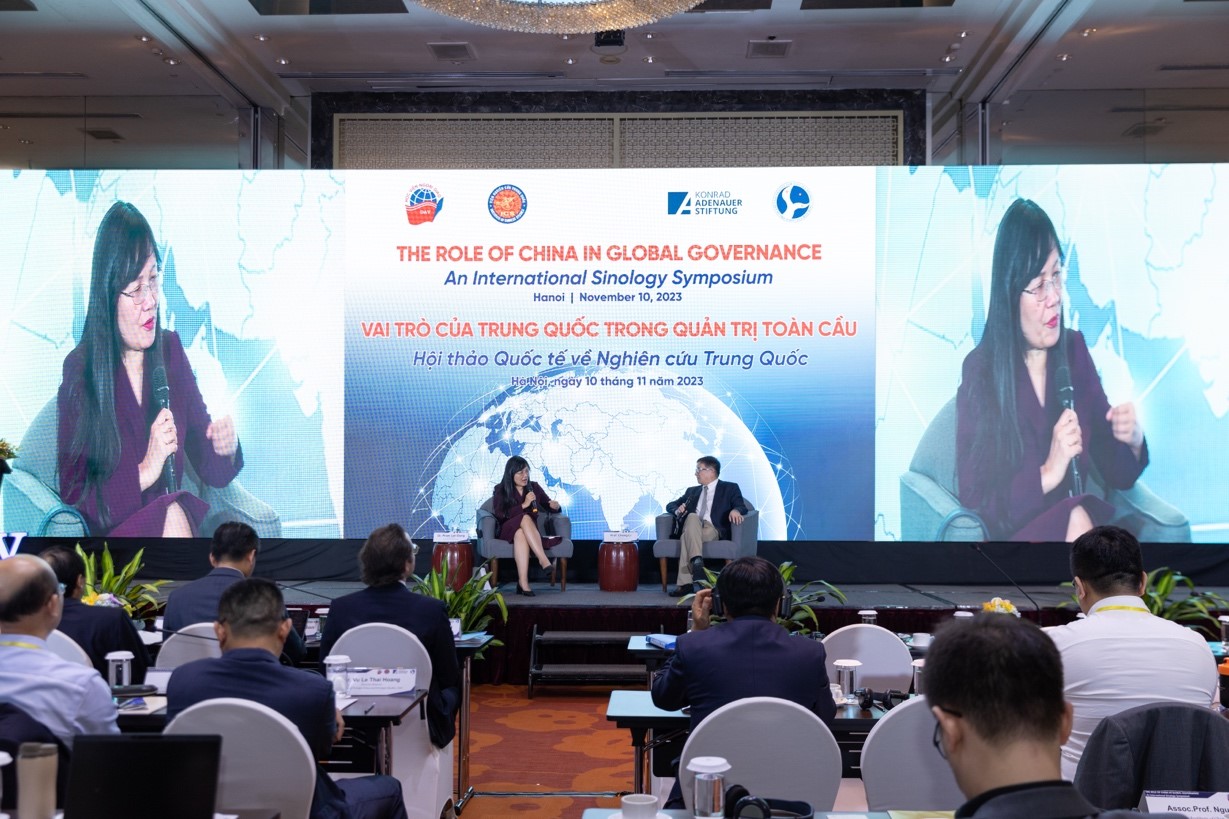
The Keynote Session welcomed Prof. Cheng Li, Founding
Director, Center on Governance of China and the World, University of Hong Kong.
He provided
profound insights into China's major-power diplomacy, shedding light on its
theoretical foundations and practical applications. It would help understand China’s
perspective, policy priorities and policy implementation regarding
global governance.
At session 3 focusing on “China’s opportunities and challenges in the existing global governance”, panelists and participants discussed cooperation in global governance within a
fragmented world, addressing both opportunities and challenges for China in
transnational security in its neighborhood. The potential areas of cooperation
between China and major powers, as well as China's role in peacekeeping through
mediation and crisis management, were also explored.
With the topic “China's prospects in global governance”, Session 4 explored China's position in a new world with new rules,
examining the impact of China's global initiatives on global governance.
Discussions also covered China's promotion of South-South cooperation within
emerging global organizations and groups, along with China's soft power and its
transformative role in global governance.
The second International Sinology Symposium – The Role of China in Global Governance concluded successfully, receiving positive acclaim and contributing significantly to the expansion of the Sinologists network in Vietnam and beyond

